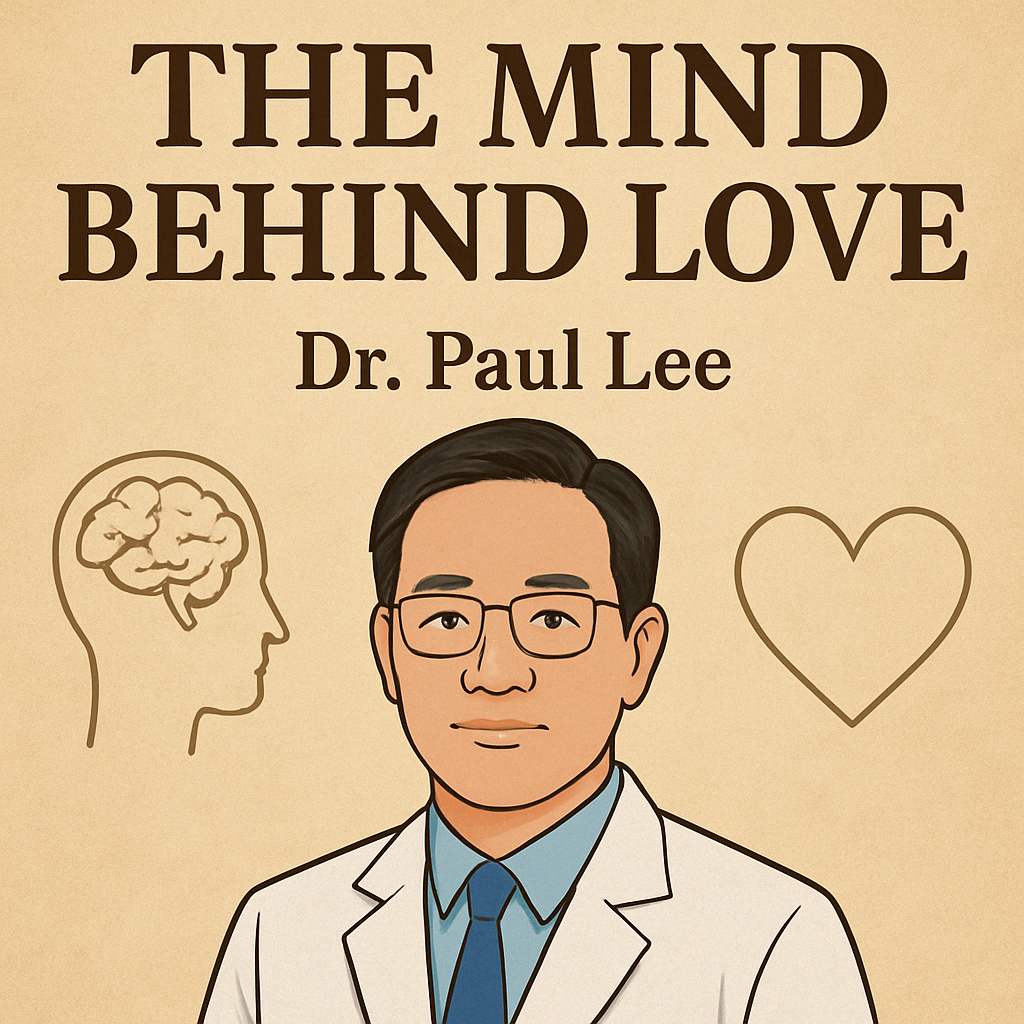티스토리 뷰
Self-Worth & Attachment Episode 17: The Fear of Being a Burden—And How It Silently Destroys Intimacy
Dr. Paul Lee 2025. 5. 3. 08:00
You apologize before you speak. You soften your needs. You say, “It’s okay,” even when it’s not. Why? Because deep down, you fear being too much—for someone else to handle.
The fear of being a burden is one of the most invisible emotional wounds. It often hides behind politeness, independence, or self-sacrifice. You may seem like the “easygoing” friend, the “low-maintenance” partner, or the “resilient” sibling. But internally, you’re carrying the weight of unspoken loneliness. This fear isn’t just painful—it’s relationally destructive.
Where the Fear of Being a Burden Comes From
No one is born ashamed of needing help. This fear is learned—often early, often subtly. Here are some common origins:
- Emotional neglect: If expressing needs as a child was met with dismissal or annoyance, you learned to stay silent.
- Parentification: If you had to care for others emotionally while suppressing your own pain, you were taught that your needs were a threat to stability.
- Abandonment trauma: If love was withdrawn when you were “too much,” you learned to equate vulnerability with loss.
Over time, this fear becomes a habit. You anticipate rejection before it happens. You offer help before anyone asks, but struggle to receive it. You crave deep connection—but only allow shallow comfort, because you believe your full self is too heavy for anyone to hold.
How This Fear Damages Relationships
The fear of being a burden does more than suppress expression—it starves intimacy. When you constantly filter yourself for fear of overwhelming someone:
- You prevent others from knowing the real you
- You block emotional reciprocity
- You train your partner or friends to think you’re “always fine,” even when you’re not
Eventually, resentment builds. Not just toward others—but toward yourself. You begin to feel isolated in the very relationships that should offer closeness. Worse, people might say, “Why didn’t you tell me?” And you have no answer—only fear.
The Inner Dialogue of Shame
This fear often speaks in quiet, cruel thoughts:
- “They have enough on their plate—I don’t want to add more.”
- “They’ll leave if I show them how much I’m really feeling.”
- “It’s safer if I just deal with this on my own.”
These thoughts feel noble. You tell yourself you’re being kind, considerate, selfless. But often, you’re just afraid. Afraid that your emotions will cost you love. Afraid that you’ll be met with distance instead of care.
How to Heal the Fear of Being a Burden
Healing doesn’t begin with others—it begins within. It starts with the radical idea that your needs are not a nuisance—they’re human. Here are some steps to start unraveling this pattern:
- Identify the origin: Who made you feel like your emotions were too much? Whose silence taught you to mute yourself?
- Practice small asks: Start requesting small things—help with a task, space to talk, a check-in message. Track what happens. You may be surprised by how people respond.
- Choose safe people: Not everyone can hold your pain. But someone can. Find those who listen with care, not discomfort.
- Affirm your right to receive: Tell yourself daily, “My needs matter. I do not owe emotional convenience to be loved.”
When You Start Letting Yourself Be Held
Something shifts when you stop apologizing for your emotions. Relationships become richer. You become softer—with yourself and with others. You no longer perform emotional perfection to earn belonging. You realize: the people who truly love you don’t want the silent version of you. They want the full, breathing, beautiful truth of who you are.
And you? You begin to see that love isn’t about never needing anything. It’s about trusting that when you do—you’ll still be worthy of staying.
Books That Help You Go Deeper
- It’s Not Always Depression by Hilary Jacobs Hendel – How core emotions shape our behavior and connection.
- Healing the Shame That Binds You by John Bradshaw – Understanding and releasing toxic shame from childhood.
- The Needs Inventory by The Center for Nonviolent Communication – Learning to name and own your emotional needs.
'Self-Worth & Attachment' 카테고리의 다른 글
- Total
- Today
- Yesterday
- selfworthinlove
- attachmentwounds
- lowselfworth
- bodylanguageinsight
- themindbehindlove
- traumabonding
- HealingJourney
- attachmenthealing
- lovepsychology
- emotionallyunavailable
- anxiousattachment
- fearofintimacy
- selfworth
- drpaullee
- bodylanguagecues
- relationshippatterns
- attachmentstyle
- mentalhealth
- emotionalhealing
- peoplepleasing
| 일 | 월 | 화 | 수 | 목 | 금 | 토 |
|---|---|---|---|---|---|---|
| 1 | 2 | 3 | 4 | 5 | 6 | 7 |
| 8 | 9 | 10 | 11 | 12 | 13 | 14 |
| 15 | 16 | 17 | 18 | 19 | 20 | 21 |
| 22 | 23 | 24 | 25 | 26 | 27 | 28 |

